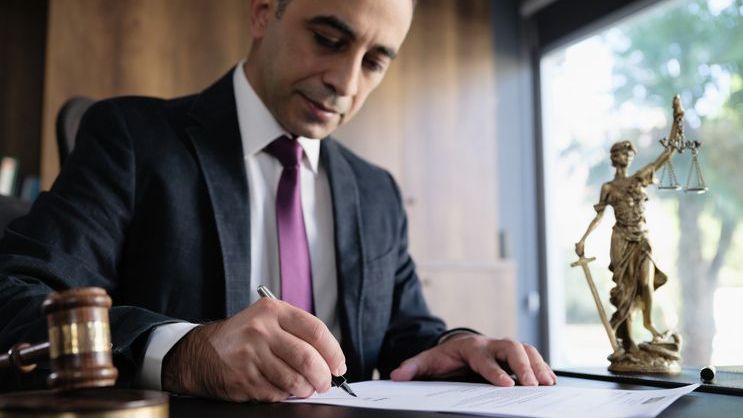A probate administration attorney is a legal expert who specializes in guiding individuals and families through the probate process, which occurs after someone has passed away. Probate is the legal procedure in which a person’s will is validated, their debts are settled, and their assets are distributed among their beneficiaries. Whether there is a valid will or not, a probate administration attorney ensures that this process is conducted in accordance with the law. For families dealing with the loss of a loved one, navigating the legalities of estate administration can be challenging and emotionally overwhelming. A probate administration attorney plays a key role in making sure that all necessary steps are followed to ensure the estate is settled correctly and efficiently.
When a person passes away, the probate process is necessary to ensure that their estate is distributed as intended. In the case of a valid will, the probate lawyer ensures that the will is filed with the appropriate court and that the instructions within it are followed. If no will exists, the lawyer helps to manage the estate under the laws of intestacy, which dictate how the estate will be divided among the surviving family members. Regardless of whether there is a will, the probate lawyer ensures that the entire process runs smoothly, addressing any issues that arise along the way, and making sure that all legal requirements are met.
One of the most important roles of a probate lawyer is to assist the personal representative, often called the executor, in administering the estate. The executor is responsible for carrying out the instructions of the deceased person and managing the estate’s affairs. The probate lawyer helps the executor understand their duties, such as gathering the decedent’s assets, paying any outstanding debts, filing tax returns, and distributing assets to beneficiaries. Without the guidance of a probate lawyer, the executor could face serious legal challenges, including the possibility of personal liability for mistakes made during the probate process. The lawyer provides the necessary legal expertise to prevent these problems and to keep the process on track.
In many cases, the probate process is straightforward, but complications can arise. Family members may dispute the validity of the will, or disagreements may surface about how assets should be divided. When these conflicts occur, a probate lawyer plays an essential role in resolving disputes. Whether by mediation or representation in court, the lawyer ensures that the estate is probate administration attorney administered according to the decedent’s wishes and that legal rights are upheld. A probate lawyer may also represent the estate in litigation if necessary, providing a critical safeguard against any challenges that may delay or hinder the process.

Additionally, probate lawyers help ensure that all financial matters are taken care of before the distribution of assets. This includes making sure that any outstanding debts, such as mortgages or credit card bills, are paid. The probate lawyer also addresses tax issues, including filing estate tax returns and ensuring that any taxes owed are paid in full. Estate taxes can be complicated, especially for larger estates, and a probate lawyer’s expertise is invaluable in ensuring that the estate complies with all applicable tax laws. By taking care of these financial matters, the probate lawyer helps to prevent delays and minimizes the possibility of future legal issues for the beneficiaries.
The probate process can be lengthy and, in some cases, extend over several months or even years. During this time, the probate lawyer serves as a steady guide for the executor and the family. The lawyer handles the legal formalities, communicates with creditors, and ensures that the probate court’s requirements are met. For families grieving the loss of a loved one, this support is invaluable. A probate lawyer helps reduce the stress and anxiety associated with the estate administration process, allowing families to focus on their emotional well-being rather than on complex legal matters.
Choosing a probate lawyer who has experience and knowledge in probate law is crucial. A well-qualified lawyer ensures that all aspects of the estate are handled appropriately, minimizing the risk of mistakes or disputes. It is also important to select a lawyer who is not only skilled but compassionate. Probate lawyers deal with individuals who are often in a period of emotional turmoil, and an empathetic approach can help ease the process and provide the emotional support that families need. With a knowledgeable and understanding lawyer by their side, families can move through the probate process with confidence and peace of mind.
In conclusion, a probate lawyer provides critical services during a difficult and often confusing time. From helping to validate a will and ensure that the decedent’s wishes are followed to managing financial obligations and resolving family disputes, the probate lawyer plays an essential role in administering an estate. Their expertise and guidance help to ensure that the process is conducted legally and efficiently, bringing closure to families and honoring the legacy of the deceased. A skilled probate lawyer not only makes the process smoother but also offers invaluable peace of mind during an emotionally challenging period.
